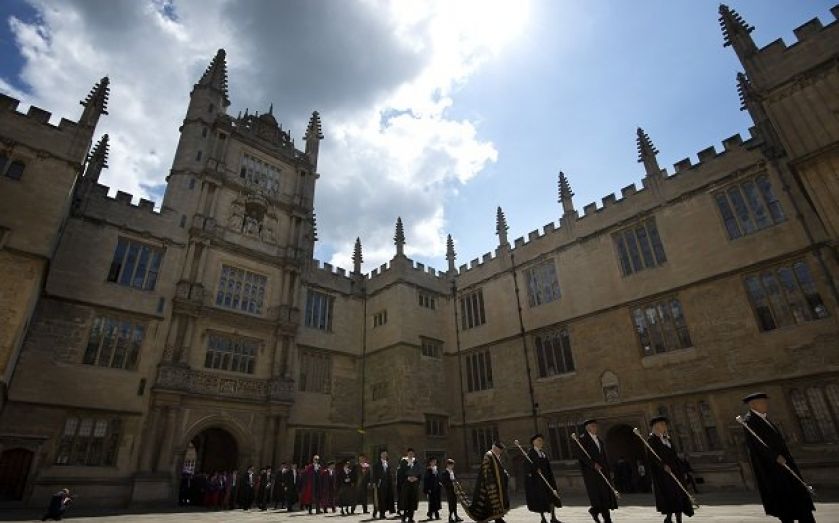Graduate jobs market bounces back to pre-recession levels

The number of graduate-level job openings has returned to its pre-recession peak, with an 11.6 per cent increase in vacancies this year, according to a study conducted by High Fliers Research.
Based on a poll of 18,000 final year university students, the study shows the biggest increase in vacancies since the dramatic 23 per cent dive in graduate openings between 2007 and 2009.
Over 100 companies were included in the survey including Jaguar Land Rover and Unilever. In total, 11 out of 13 industries have enjoyed a year-on-year rise in employment for graduates.
The average number of entry-level graduate jobs on offer at the UK's top companies is now 190 per employer.
Furthermore, a third of these companies have raised their graduate recruitment targets for 2014. The rise in openings is even better than the nine per cent that had been predicted.
"These latest results mark a very welcome improvement in the graduate job market and suggest that graduate recruitment at the leading employers is now at its highest level for seven years," says the report.
The largest number of new graduate jobs were in accounting and professional services companies. This sector saw a 24 per cent jump in graduate intake.
Despite the rise in openings, it remains a competitive market for recent graduates, with an average of 39 applications per vacancy. There has also been a steady rise in graduate numbers from 85,000 in 2007 to 365,000.
Close to 80 per cent of the UK's top employers require at least an upper second class degree, according to the research. Employers at media companies and oil firms proved particularly popular, receiving 50 applications per graduate job position.
Vacancies in media companies were up a whopping 28 per cent on last year.
Two-thirds of companies of firms said they ask graduate applicants to have achieved a 2:1 at university, with around a quarter asking prospective employees to have gained a minimum number of UCAS points.
The typical starting salary for this year is £29,500, the first increase in graduate wages for four years. Investment banks offer the biggest financial rewards, with a starting salary of £45,000.